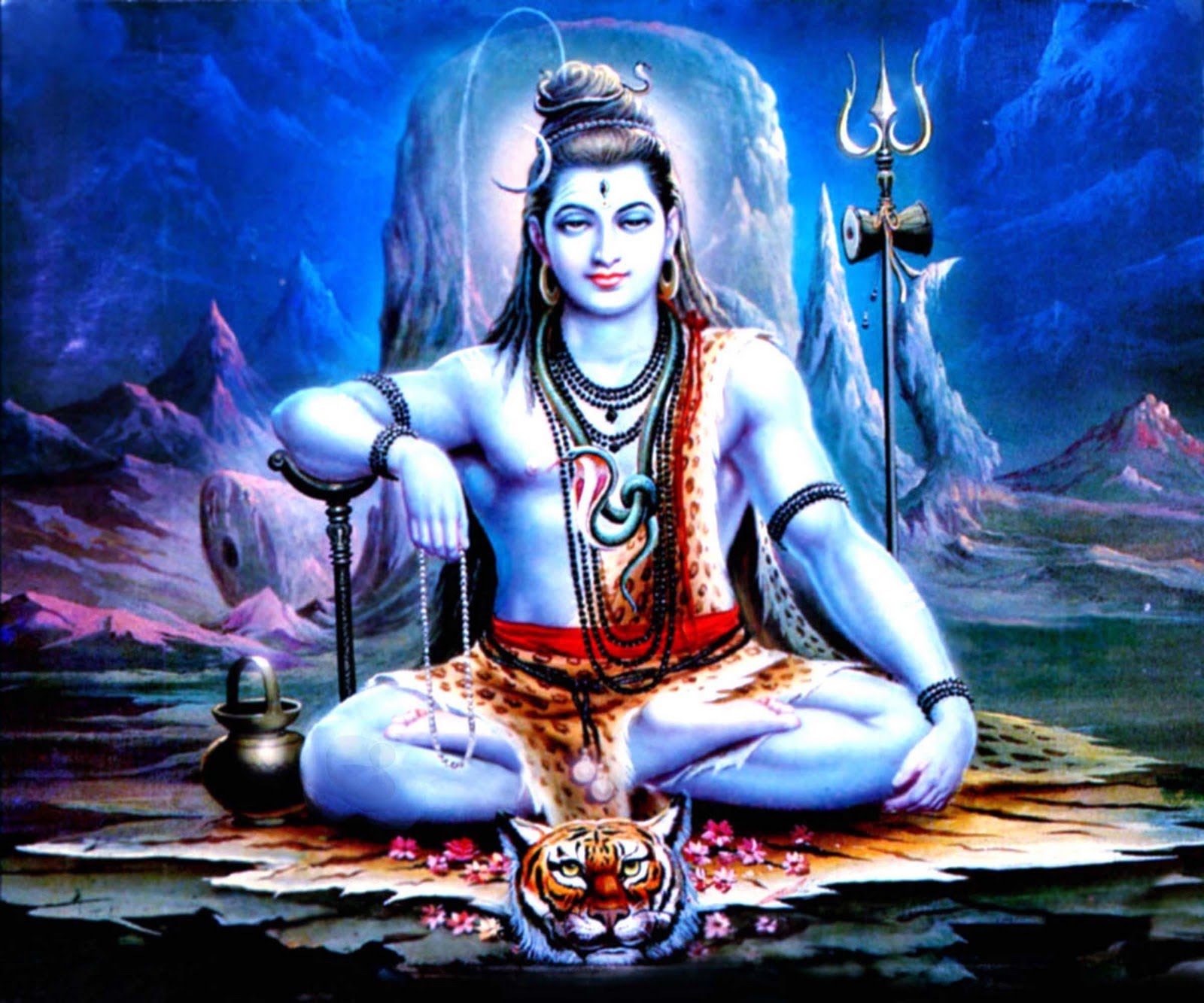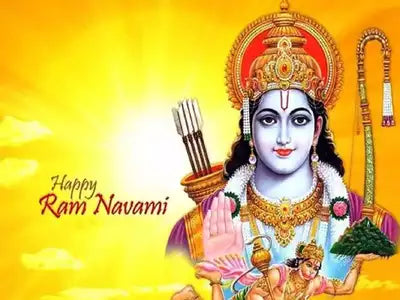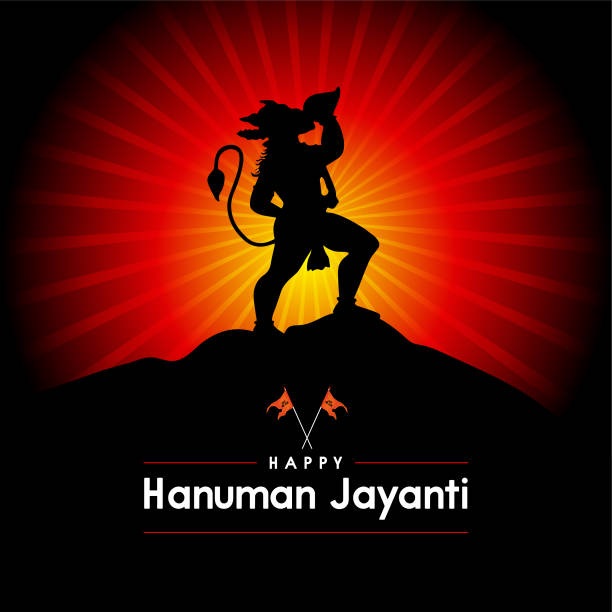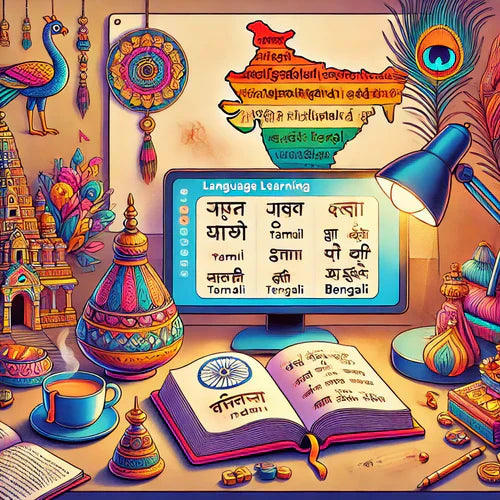Mahashivratri : The Great Night of Lord Shiva and Its Significance
Mahashivratri is one of the most respected festivals in Hinduism, which is dedicated to Lord Shiva, the destroyer and transformer in the Holy Trinity (Trimurti) of Hindu gods. This auspicious occasion is observed annually on the 14th day of the dark fortnight (Krishna Paksha) in the Hindu month of Phalguna or Magha, depending on regional traditions. Devotees across India and around the world celebrate Mahashivratri with great devotion, offering prayers, fasting, and chanting the powerful "Om Namah Shivaya" mantra. But have you ever wondered why Mahashivratri is celebrated and why it is called "Mahashivratri"?
Why Is Mahashivratri Celebrated?
There are several mythological and spiritual reasons behind the celebration of Mahashivratri. Here are some of the most significant ones:
The Divine Marriage of Shiva and Parvati
One of the most popular beliefs surrounding Mahashivratri is that it marks the celestial wedding of Lord Shiva and Goddess Parvati. According to Hindu scriptures, after years of intense penance, Goddess Parvati won Shiva’s heart, leading to their sacred union. This day symbolizes the convergence of Shiva (consciousness) and Shakti (energy), representing balance and harmony in the universe.
The Night Shiva Performed the Tandava
Another belief is that Mahashivratri commemorates the night when Lord Shiva performed the "Tandava", a cosmic dance that signifies the cycle of creation, preservation, and destruction. His dance represents the eternal flow of energy that governs the universe, reminding devotees of the short-lived life and the need for spiritual awakening.
The Legend of Neelkanth – The Savior of the Universe
According to Hindu mythology, during the Samudra Manthan (churning of the cosmic ocean), a deadly poison called "Halahala" emerged, threatening to destroy all of creation. Lord Shiva, out of compassion, consumed the poison and held it in his throat, turning it blue. This act of sacrifice and selflessness saved the universe, and Mahashivratri is believed to honor this divine event.
The Day Shiva Became "Linga Swarupa"
It is also believed that on Mahashivratri, Lord Shiva manifested as a Jyotirlinga(pillar of light) to settle a dispute between Lord Vishnu and Lord Brahma. This event is considered one of the reasons why devotees worship the Shivalinga on this day, seeking divine blessings and liberation.
Why Is It Called "Mahashivratri"?
The name "Mahashivratri" is derived from three Sanskrit words:
- Maha (मह) – meaning "Great"
- Shiva (शिव) – referring to "Lord Shiva"
- Ratri (रात्रि) – meaning "Night"
Together, Mahashivratri translates to "The Great Night of Lord Shiva." This night is considered highly auspicious because it is believed to be the most powerful time to seek Lord Shiva’s blessings, practice meditation, and attain spiritual enlightenment.
How Is Mahashivratri Celebrated?
Devotees observe Mahashivratri with great enthusiasm through various rituals, including:
- Fasting: Many devotees observe a day-long fast, consuming only fruits, milk, and non-grain foods. Some practice **nirjala (waterless) fasting** as an act of devotion.
- Abhishekam (Ritual Bathing of the Shivlinga): The Shivlinga is bathed with sacred substances like milk, honey, ghee, curd, and holy water while chanting **"Om Namah Shivaya".
- Chanting Mantras: The powerful "Maha Mrityunjaya Mantra" and "Om Namah Shivaya" are chanted throughout the night to invoke Shiva’s divine energy.
- Jagran (Staying Awake All Night): Devotees stay awake all night in temples, meditating and singing devotional songs, as it is believed that doing so brings divine blessings and spiritual awakening.
Many devotees visit Jyotirlinga temples across India, such as Kedarnath, Somnath, and Kashi Vishwanath, to seek Shiva’s blessings. The festival also holds immense significance in Kashmir Shaivism and Shaiva Siddhanta traditions. Yogis and ascetics consider Mahashivratri the perfect time for inner awakening and self-realization. In modern times, grand celebrations usually take place at temples like the Isha Foundation’s Mahashivratri event, attracting millions worldwide. The cosmic energy on this night is believed to enhance meditation, making it an ideal occasion for spiritual growth and divine connection. Observing Mahashivratri with sincerity and devotion leads to peace, positivity, and divine grace.
Spiritual Significance of Mahashivratri
Mahashivratri is not just a religious festival; it carries a deep spiritual significance. It is believed to be the night of transformation, where devotees can overcome ignorance and attain higher states of consciousness. The planetary positions on this night create a conducive environment for meditation, making it the ideal time for self-reflection and inner growth.
Finally:
Mahashivratri is much more than a festival—it is an opportunity to connect with the divine energy of Lord Shiva. Whether it is celebrated as the night of cosmic dance, the divine wedding, or the sacrifice of Neelkanth, the essence of Mahashivratri remains the same: the triumph of devotion, self-discipline, and spiritual awakening. Meditating on this auspicious night is believed to bring prosperity, spiritual growth, and liberation (moksha).
On this Mahashivratri, may Lord Shiva bless you with peace, prosperity, and wisdom. Har Har Mahadev!
Check out my other blog post:






